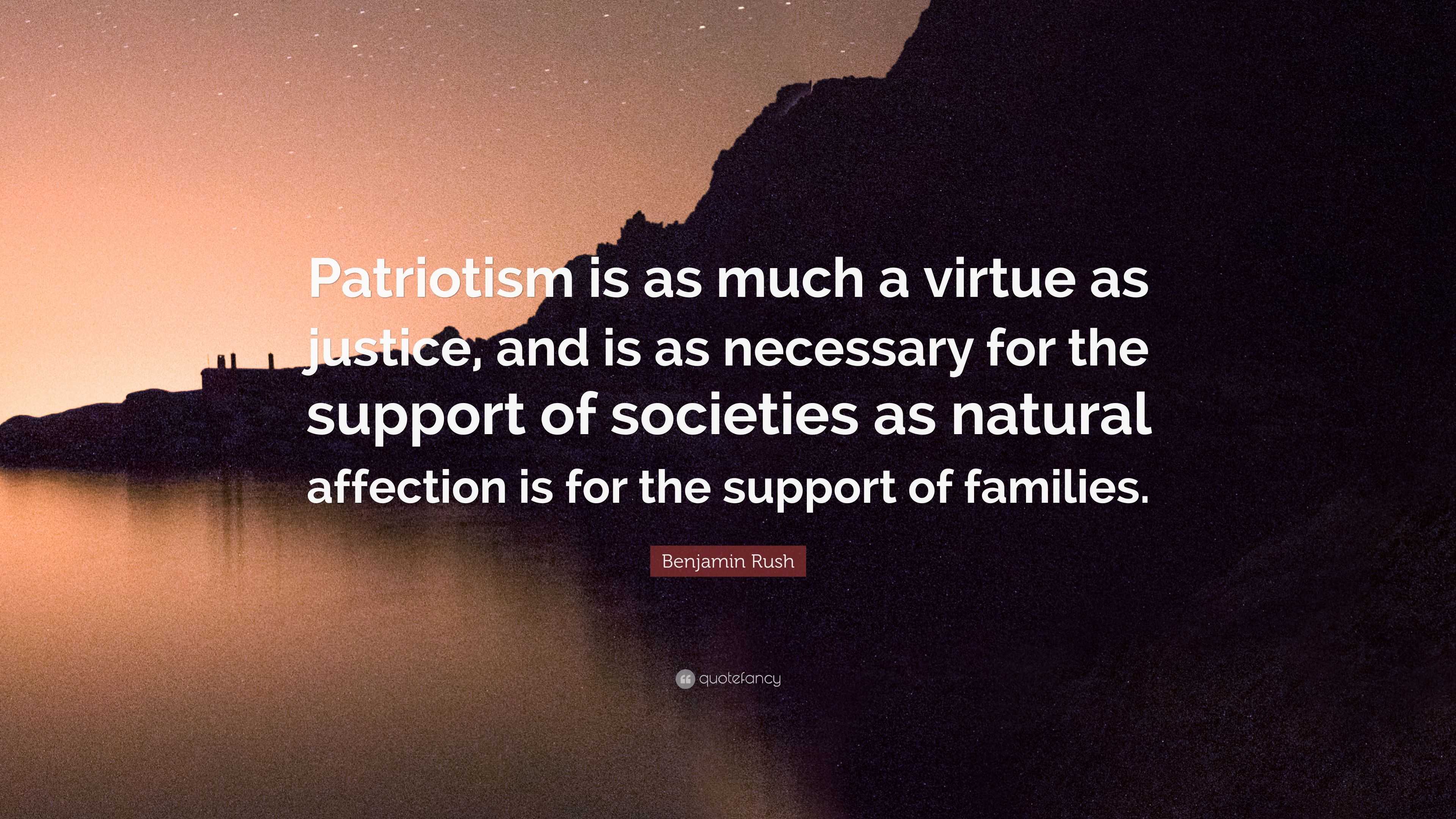
International political economy (IPE) is an academic discipline that analyses economics and international relations. Other topics include analysis of such public policy issues as economic regulation, monopoly, rent-seeking, protection, institutional corruption, and distributional politics ( Becker, 1983 Breyer, 1994 Weingast, Shepsle & Johnsen, 1981 Williamson, 1996). Economists and political scientists, when they come together to address political economy problems, often examine the phenomena beyond economics, such as government failure and complex decision-making.

Political economy commonly refers to studies drawing upon political science and economics in explaining how political institutions and the economic system influence each other. The term political economy is traditionally defined as a branch of the art of government concerned with the systematic enquiry into the nature and causes of the wealth of nations, although now it is sometimes used loosely to describe political aspects of economic policymaking. Specifically, social science has many branches: such as economics and sociology, which apply the scientific method to the study of human behaviour and social patterns the humanities, which use a critical or analytical approach to study the human condition and the formal sciences such as mathematics and logic, which use an a priori, as opposed to empirical, methodology to study formal systems. A major category of academic disciplines, social science is concerned with society and the relationships among individuals within a society. The term ‘social science’ is used to distinguish the subject from the natural sciences. Over the course of the past five centuries or so, the natural sciences have been changing our living and thinking ways at a much greater pace than they had in the earlier period of the human civilisations.

There are five branches of natural sciences ( Barr, 2006, p. They also attempt to provide mathematical (either deterministic or stochastic) models of natural processes. The natural sciences are the sciences that seek to explain the rules that govern the natural world through scientific methods, the cornerstone of which is measured by quantitative data ( Ledoux, 2002, p. In fact, it also fuelled the Renaissance – a riveting tale of the great cultural swerve in the Western World, inspiring artists such as Sandro Botticelli and Leonardo da Vinci and thinkers such as Giordano Bruno shaped the thought of Galileo and Freud, Darwin and Einstein and had a revolutionary influence on writers such as Montaigne and Shakespeare and – in the hands of Thomas Jefferson who would have become the third President of the United States from 1801 to 1809 – left its trace on the Declaration of Independence in 1776 ( Greenblatt, 2012, pp. The book’s return to circulation has not been merely a major source of inspiration for a wide range of modern philosophers, including Gassendi, Bergson, Spencer, Whitehead and Teilhard de Chardin. Thanks to Poggio Bracciolini (CE 1380–459) – an Italian humanist, calligrapher and the greatest book hunter of his age, the book was rediscovered. It was a beautiful poem of the most dangerous ideas and had been disregarded for nearly one and a half millennia: that the universe functioned without the aid of gods, that religious fear was damaging to human life and that matter was made up of very small material particles in eternal motion, randomly colliding and swerving in new directions. 55 BCE), a Roman poet and philosopher, wrote a book (De rerum natura), translated into English as ‘On the Nature of Things’.

Rongxing Guo, in Cross-Border Resource Management (Fourth Edition), 2021 3.4 Conducting cross-border research 3.4.1 Natural sciences The circulation of this ancient book – the greatest discovery of Poggio Bracciolini ( ad 1380–1459) – an Italian humanist, calligrapher and the greatest book-hunter of his age in – immediately fuelled the Renaissance, inspired artists such as Botticelli and thinkers such as Giordano Bruno, shaped the thought of Galileo and Freud, Darwin and Einstein and had a revolutionary influence on writers such as Montaigne and Shakespeare, and – in the hands of Thomas Jefferson – left its trace on the Declaration of Independence (See, for example, Greenblatt (2012, pp. It was a beautiful poem of the most dangerous ideas: that the universe functioned without the aid of gods, that religious fear was damaging to human life and that matter was made up of very small material particles in eternal motion, randomly colliding and swerving in new directions. 55 bc), a Roman poet and philosopher, wrote a book (De rerum natura), translated into English as ‘On the Nature of Things’. Rongxing Guo, in Cross-Border Resource Management (Third Edition), 2018 3.5.1 Natural Sciences


 0 kommentar(er)
0 kommentar(er)
